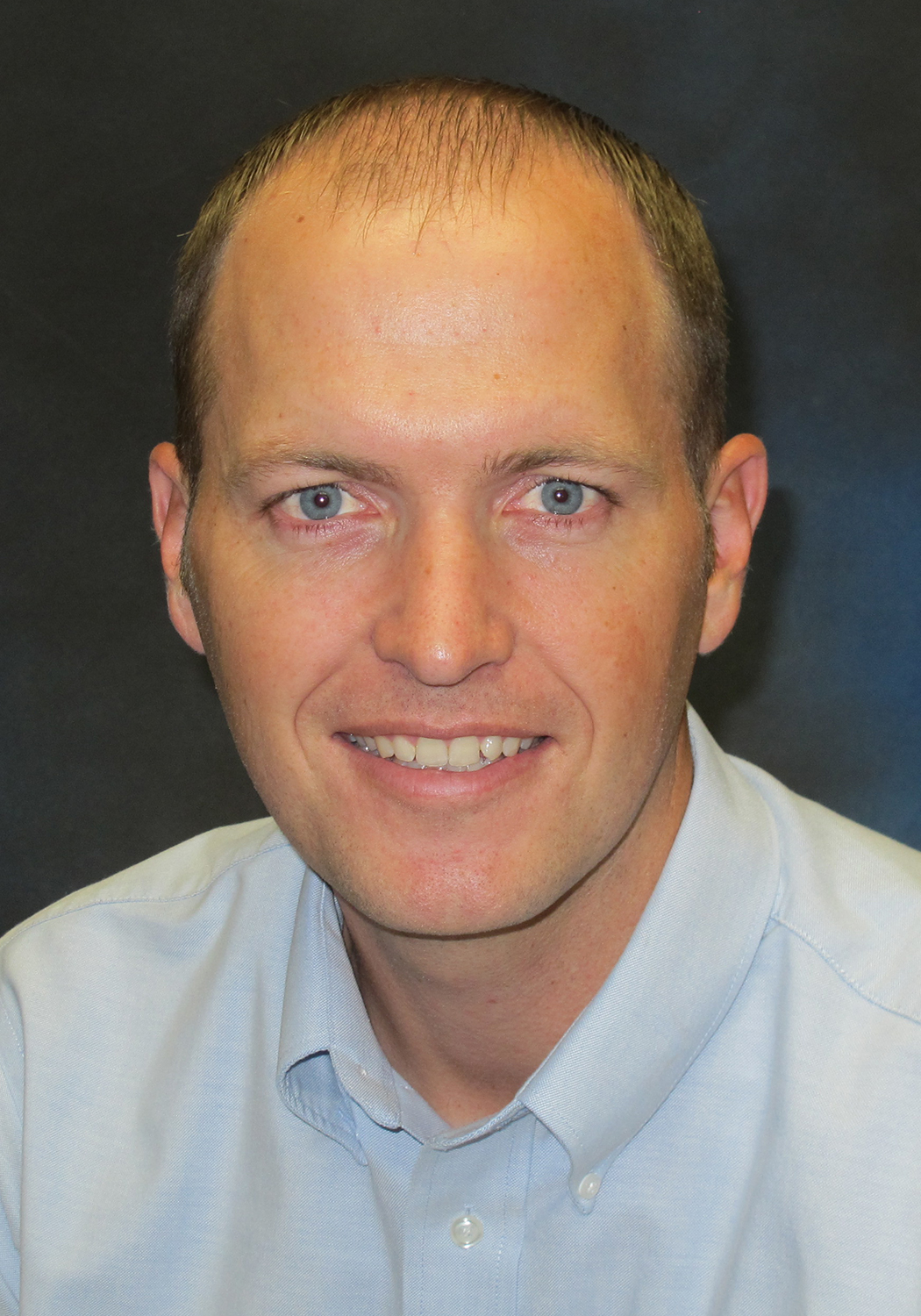Welcome Cody Creech to Panhandle Dryland Production and Research
Sept. 4, 2015

Contributing to this week's special focus issue on wheat is Cody Creech, the new dryland cropping systems specialist at the UNL Panhandle Research and Extension Center in Scottsbluff.
Creech received his doctorate degree in agronomy with a specialization in weed science from UNL. His research focused on improved herbicide application technologies. He received a master's degree in plant science in 2012 from Utah State University, and a bachelor's degree in business operations management (with a minor in economics) from Utah State in 2008.
During graduate school he worked as a teaching and research assistant. Previously he had managed a dryland wheat farm in Weston, Idaho, and was a manager and laborer at a dairy near Cornish, Utah, where he grew up.
We're glad to welcome Dr. Creech as a contributor and new content manager of the Wheat Section of CropWatch. Keep reading as he describes his research and extension work and plans.
Panhandle Dryland Production and Research
Dryland crop production occurs on 2.5 million acres (77%) of the total cropland area that is contained within the Panhandle District. Wheat is the primary crop grown in the Panhandle and accounts for 40% of the total wheat grown in the state. Farming in the region has changed drastically over the last 50 years. Over the years, the cropping systems used in the Panhandle have evolved from wheat-fallow rotations to wheat rotations that include many other crops, including corn, proso millet, field peas, sunflowers, and grain sorghum. Potential alternative crops being evaluated include safflower, canola, mustard, and fenugreek.
In addition to changes that have occurred to the traditional wheat-fallow rotation, changes in tillage and residue management have allowed yields to increase. Currently, 50%-60% of the dryland acreage in the Panhandle is under no-till production. More growers are making the switch to no-till or reduced tillage practices because it increases soil moisture and reduces soil erosion. Water is most often the limiting factor for yields in dryland production and adopting crops and practices that conserve soil moisture while also maximizing water use efficiency is critical.I started as the dryland cropping systems specialist in May replacing Dr. Drew Lyon who was highly regarded by area growers, industry representatives, and scientists. The High Plains Ag Lab in Sidney has nearly 700 acres dedicated to dryland production that can be used for research purposes. In addition, equipment and other facilities are available. During my first months in the Panhandle, I have been reading past research results, evaluating current research needs with area growers and industry representatives, and formulating future research objectives.
Because of the diversity of the crops grown in the area, part of my research focus will be to identify crops and varieties/hybrids that are adapted to this area. For example, this year we are conducting a grain sorghum variety trial. The second phase will be to identify where crops best fit into a crop rotation with wheat. Next year will be the first year of a crop rotation study that includes ten different rotations. This will allow us to evaluate water use, yield, and the economics of the different systems.Another focus of my research will be weed control. The increase in no-till production has caused growers to rely upon chemical weed control. As chemical weed control increases, the likelihood of herbicide-resistant weeds increases. We will evaluate different herbicide regimes for different cropping systems to identify the herbicides that work best in this area and create a plan to slow the development of herbicide-resistant weeds and control them.
An important part of my research will be to educate and encourage growers to adopt new farming practices that have proven successful through research. This can be accomplished through publications, workshops, field days, or on-farm research. The Nebraska On-Farm Research Network has been successful in helping growers participate in research and see the results first hand. The Panhandle has not been well represented in past years and area producers need to be made aware of the available opportunities and benefits of working closely with university personal. Possible future projects could include the implementation of new crop rotations, different residue or tillage management strategies, plant nutrition, herbicide programs, or the use of a new alternative crop.
Cody Creech
Dryland Cropping Systems Specialist
Online Master of Science in Agronomy
With a focus on industry applications and research, the online program is designed with maximum flexibility for today's working professionals.
